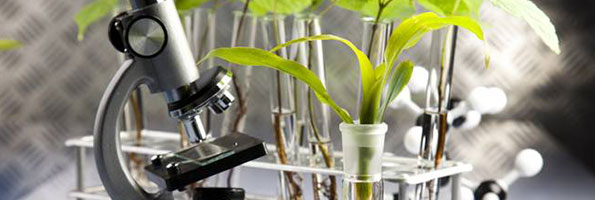
Pharmacognosy is the oldest medical science. The term "pharmacognosy" is derived from two Greek words, "pharmakon" or drug, and "gnosis" or knowledge. Thus, conventional pharmacognosy is the study (chemistry and biology) of bioactive natural substances found in terrestrial and marine organisms (plants, animals, or microbes). During the last half of the twentieth century, pharmacognosy evolved from being a descriptive botanical subject to one having a more chemical and biological focus. At the beginning of the twenty-first century, pharmacognosy teaching in academic pharmacy institutions has been given new relevance, as a result of the explosive growth in the use of herbal remedies (phytomedicines) in modern pharmacy practice. In turn, pharmacognosy today represents a highly interdisciplinary science which is one of the five major areas of pharmaceutical education. It includes aspects of cell and molecular biology in relation to natural products, ethnobotany and phytotherapy, in addition to the more traditional analytical method development and phytochemistry. Renewed interest in the area of natural products research is highly motivated by the health claims for nutraceuticals, the validation of traditional medicines and the widespread use of phytotherapeutics. The lectures and practical laboratories applications provide a comprehensive and up-to-date synthesis of the knowledge acquired in drugs of natural origin.
